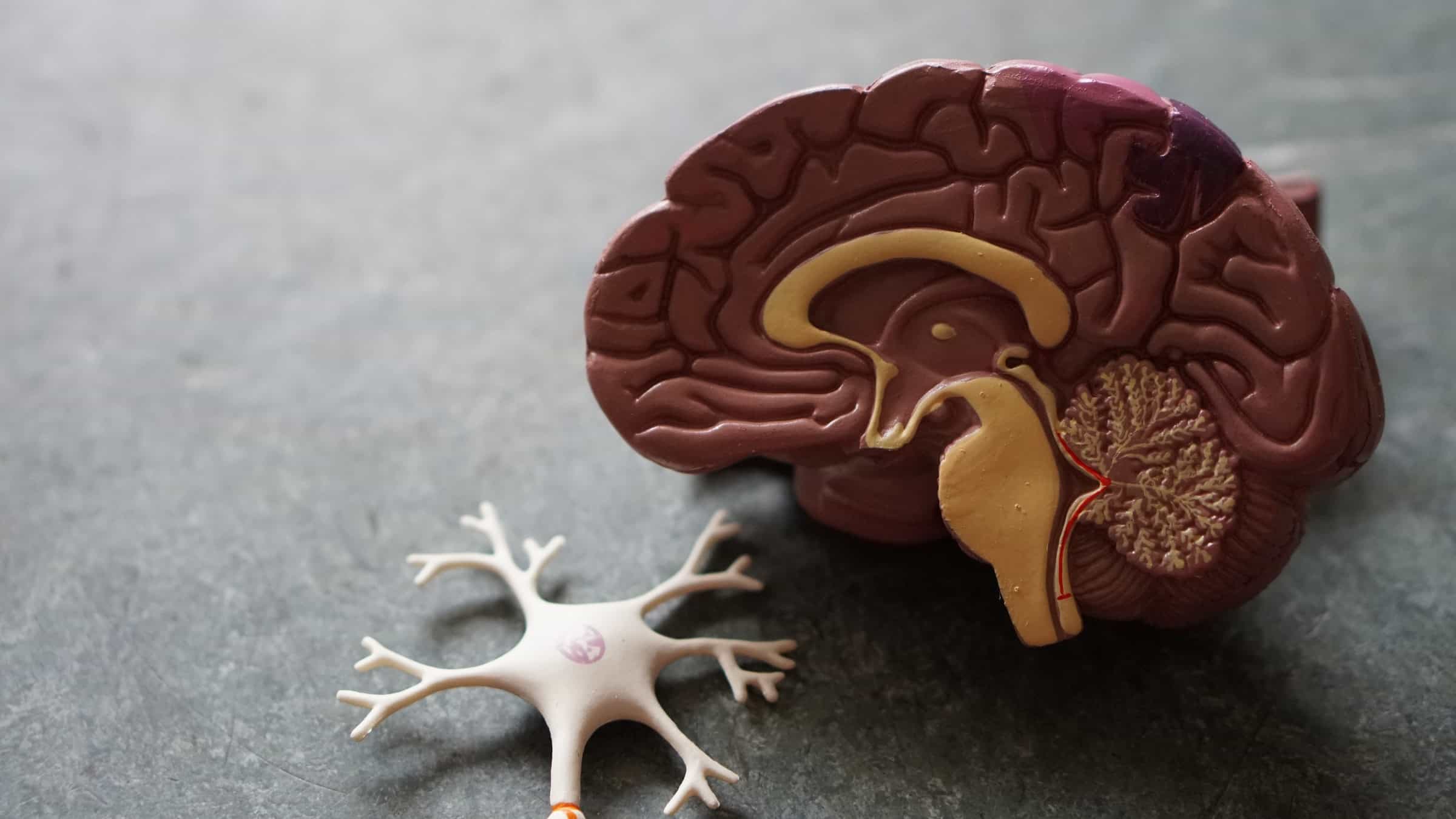In this day and age when the world is spinning faster than light, it’s easy to lose a course of your axis. Life nowadays is so fast that many people can’t cope with its pace. Today, the prevalence of anxiety and mental disorders is way higher than it was 50 years ago. The stress of everyday life leads many people to disruption and self-sabotage. One of the worst consequences is that stress can trigger addictive behavior, which is, once sustained, very hard to overcome.
1 – Selecting the wrong coping mechanism
The number one thing that leads to addictive behavior is an inadequate mechanism of coping with problems. What does that mean? As every individual, you have challenges in life that you need to overcome. Psychologically speaking, there are a lot of coping mechanisms that you use when faced with problems. Coping mechanisms are psychological methods of adaptation to stressors and environmental challenges. Most common ones are:
- Sublimation – This is a healthy coping mechanism. By sublimation, an individual takes the negative product that the stress brings out in their character and makes something positive out of it. For example, a person that reacts aggressively to stress becomes a great boxer. Or, you learn to play an instrument as a form of relaxation.
- Denial – A very toxic coping mechanism. When a person can’t bear the thought of the actual situation or its consequences, they deny that there is a situation at all. This is very common in addicts – the thought of admitting they have a problem is too hard, so they don’t. Also, members of an addict’s family are quite prone to this coping mechanism – they deny their loved one has a problem, which makes it harder to go into recovery.
- Suppression – this is the most dangerous one for people experiencing stress because – it leads to addictive behavior.
The art of putting problems under the rug
As we said, suppression is a dangerous and sneaky little tool your brain might use in difficult times. There are no problems if you don’t think about them, right? That’s the biggest mistake you can make when stressed out. You might not be conscious of the problem if you suppress it, but your brain certainly will be. Your brain is not a rug you can hide your problems under. It will try to solve it and it will be extremely harder doing it subconsciously. Do you wonder why your head hurts when you decide to watch Netflix instead of dealing with important tasks? Problem on a problem, stress on stress – the rug of your brain becomes full and it needs relief. Unfortunately, drugs and alcohol are often the options that provide that instant relief but lead you to addiction.

2 – The play of confronting molecules
Are you aware of how certain drugs and alcohol actually work? Amphetamines and cocaine work on inducing and prolonging the action of noradrenaline. Meaning – those substances will make you more excited and keep the excitement on just the right level to mask the negative emotions you experience in stress. Some other drugs work on increasing dopamine levels – and dopamine is well-known as a hormone of reward. Hallucinogens alter your reality so you don’t really see the actual one where you’re stressed out – but every problem awaits in some corner of the brain. Also, (besides having general effects on relaxation) alcohol numbs the part of the brain that make you feel guilty. That certainly makes the ground for abuse, doesn’t it?
3 – Overstimulation in stress can trigger addictive behavior
When you’re stressed out, your neurons are over-stimulated. But, it’s not a good kind of stimulation. It’s the kind that makes you all confused and all over the place. The kind that makes your hands shake. Some people that deal healthily with that kind of negative effects will, for example, put on some relaxing music and try to relax. But, unfortunately, a lot of people start abusing substances just to shift that overstimulation to the positive part of the scale. But, since it’s not permanent, they take more and more doses, which leads to a physical addiction. Once addiction becomes physical – it’s very consistent and hard to get rid of.

4 – Physical addiction occurs more easily
As we said before – everything in your body depends on the play of confronting molecules. Adrenaline and noradrenaline are heavily produced in stress. The longer the stressful period – the more of it is in your body. With cortisol added to the mix, your whole organism is more susceptible to physical addiction when you’re under stress and using addictive substances. That amount of molecules that are always active suppress the receptors for them all over your body. That means that under stress, you need more to make a wanted effect. Occasional Italian wine pairing is perfectly fine, but be sure not to do it out of stress because you might overdo it and make a problem.
5 – Social factor is important too
When talking about addictions, a social factor must be mentioned. According to the experts at Bright Futures Treatment Center, the majority of younger addicts gave into the vice of addiction because of the pressure of their surroundings. Especially high-schoolers and college students are prone to think that they won’t fit in the society if they don’t do drugs and drink heavily. That kind of stress and fear of not fitting in makes them use the substances more frequently and that leads to an addictive behavior very soon.

Conclusion
The world is not as it was before. It was easier living a stress-free life in a natural and quiet surroundings with not one mention of capitalism. But, the time has changed and we all need to adapt. There’s no shame in being stressed out. However, if you start feeling like coping with it is getting too much – please seek help. As we said, stress can trigger addictive behavior and that is an even bigger burden you’ll need to cope with. If you’re already an addict – hang on and please ask for help too. No problem is unsolvable with a hand that got your back. We root for you.
Meta description: If you’re stressed out and wondering how stress can trigger addictive behavior, here’s an article for you.


Nice article